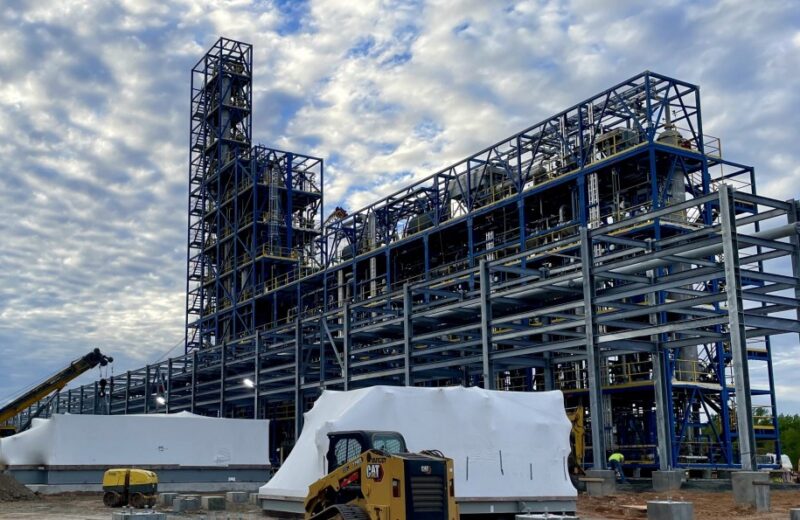LanzaJet opens world’s first ethanol-to-SAF plant in US

LanzaJet announced that it has opened the world’s first ethanol to sustainable aviation fuel (SAF) production facility ‘LanzaJet Freedom Pines Fuels’ in Soperton, Georgia with the nameplate production capacity of 10m gallons per annum.
“LanzaJet Freedom Pines Fuels is proof of the energy transition accelerating in real time,” said Jennifer Holmgren, CEO, LanzaTech. “We are demonstrating the ability to establish secure supply chains domestically, create new jobs locally, and produce sustainable aviation fuel globally. This historic facility is an important pillar of a growing SAF economy in the United States and is a significant decarbonisation milestone in the world.”
The SAF produced at the Freedom Pines Fuels facility will be used immediately as drop-in fuel for existing aircraft in an aviation industry.
LanaJet developed its ethanol-to-SAF technology in 2010 with the collaboration of the Pacific Northwest National Lab (PNNL).
“The Biden-Harris Administration is committed to harnessing the full potential of SAF as we continue to build a strong economy that is sustainable, resilient, competitive, and keeps rural places thriving,” said Tom Vilsack, US agriculture secretary.
“As we transition to SAF, this will not only create new climate smart commodity markets for American producers, but it will also help American companies such as LanzaJet corner the market of a valuable, emerging industry, while revitalising rural communities like Soperton with agriculture front and center in the effort. LanzaJet’s facility will help accelerate the SAF industry and provide new economic opportunities for producers for a more sustainable future.”
The opening ceremony of Freedom Pines Fuels was also attended featured LanzaJet shareholders International Airlines Group (IAG), LanzaTech, Mitsui & Co, Shell, and Suncor Energy and investors such as the Microsoft Climate Innovation Fund, Breakthrough Energy, British Airways, and All Nippon Airways (ANA).
LanzaJet Freedom Pines Fuels is fully funded and has committed offtake agreements for all fuel produced in the next 10 years.
